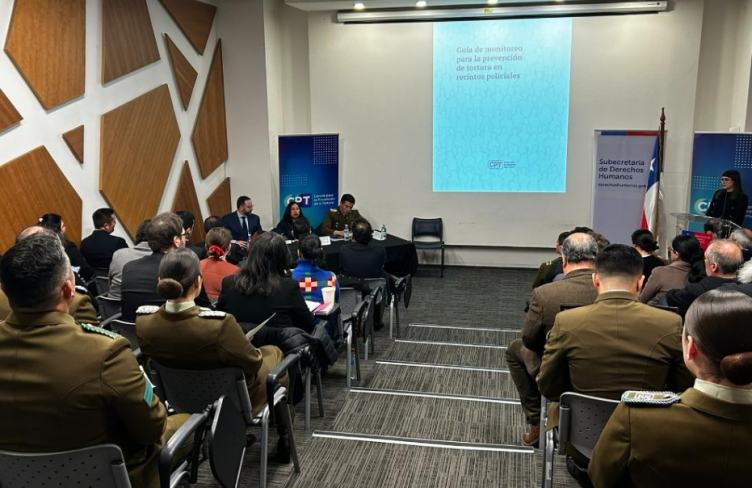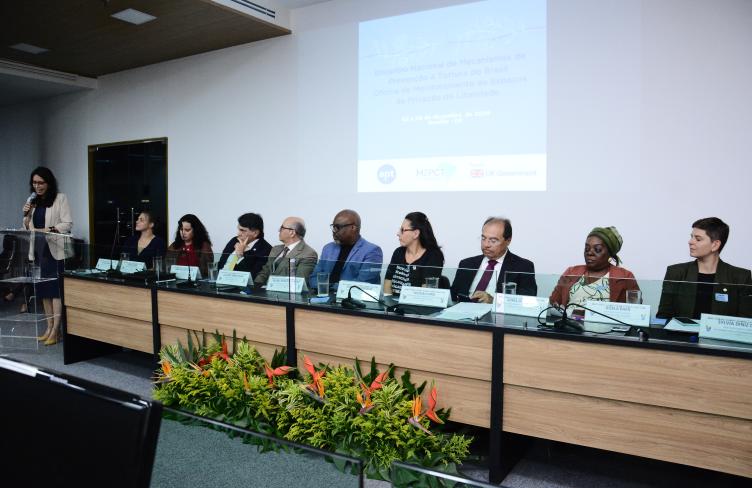In 2012, Jerryme Corre was arrested and tortured. Corre was beaten, subjected to electric shock and waterboarding at a police station in the Philippines when he refused to confess to crimes he did not commit. Finally, after officers threatened to kill him, he was charged with crimes including drug-related offences, and the murder of a police officer.
Four years later a court found an officer who carried out these acts against Corree guilty of torture. He was sentenced to two years imprisonment and ordered to pay P100, 000 (US$2000) in moral damages to Corre. While this was a landmark case, the police force filed an appeal against the decision. We have yet to hear any further developments from the appeal and hopefully will not.
Jerryme Corre’s case flags several important lessons about the importance of having an anti-torture law, especially in a country like the Philippines. The law that was adopted on 9 September 2009 stands as the result of strong advocacy and collaboration among national actors. These actors all want to see perpetrators of torture held accountable and ensure that the survivors are given adequate remedies to continue living. The anti-torture law was also the first stand-alone law to criminalise torture in the South East Asia region. In fact, Corre’s case was the first prosecution made under this legislation. While people in the Philippines, and across the region, welcomed the law, it remained to be seen how the legislation would be effectively implemented by the government.
What are the lessons we can learn from Corre's case? First, the anti-torture law provides legal clarity for the court, law enforcement and the public on what amounts to torture. At one point in Corre's hearnig, the officer claimed that there was nothing unusual with how he conducted the investigation. In reality, such a defense is common from law enforcement when their practices are questioned as being disproportionate, unlawful or amounting to torture or ill-treatment. In many contexts, without a definition enshrined in legislation to challenge such a response, these coercive acts would continue to be exercised and justified, permeating in the police force's working culture. Secondly, the anti-torture law enabled a more concrete framework for the Commission on Human Rights of the Philippines (CHRP) to lend its expertise when needed; as a constitutional body, the CHRP already has the mandate to investigate allegations of torture but the anti-torture law further enhances the body's role to prevent torture.
Through their investigation, their findings reaffirmed Corre's allegation that the injuries he suffered while under custody were sustained from acts amounting to torture. This illustrates how oversight bodies such as the CHRP can provide impartial independent assessment into allegations of torture in such cases and help overcome any doubts the courts may have as to whether a person was tortured or not.
In many ways, Corre's case illustrates an essential lesson on how the anti-torture law can be a functioning piece of legislation if all the relevant actors play their role effectively together to bring perpetrators of torture to justice. This reiterated the findings from the 2012 Global Study, "Does Torture Prevention Work?" (Where the Philippines is one of the countries studied), that the effectiveness of torture prevention relies on a combination of measures that includes implementation of detention safeguards by prosecution and monitoring mechanisms.
Corre's case remains as the only torture case taken to court under the 2009 anti-torture law. We are yet to see more allegations of torture investigated and charged in the Philippines, which is particularly concerning given the growing number of allegations made. Furthermore, human rights defenders who support torture survivors or document allegations are intimidated, demonised in the public eye and run the risk of state reprisals. The anti-torture law will never function in such a climate of fear and impunity. It will amount to nothing unless the leaders and authorities in the Philippines take a stand that torture is unacceptable and take action to seriously address the widespread impunity.
Similiary, like the small victory in Corre's case, perhaps we all need to rethink how we can strengthen and unite our actions and voices against the current situation in the Philippines and defy the prevailing narrative in the country that promotes violence and impunity. For a start, why don't we try to reclaim the space for torture prevention and expand our forces through smart partnerships, innovative advocacy and impactful storytelling?



